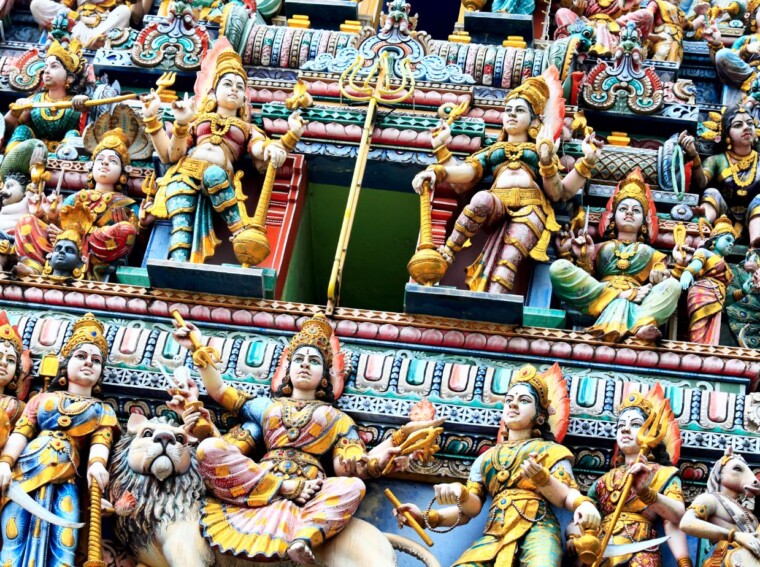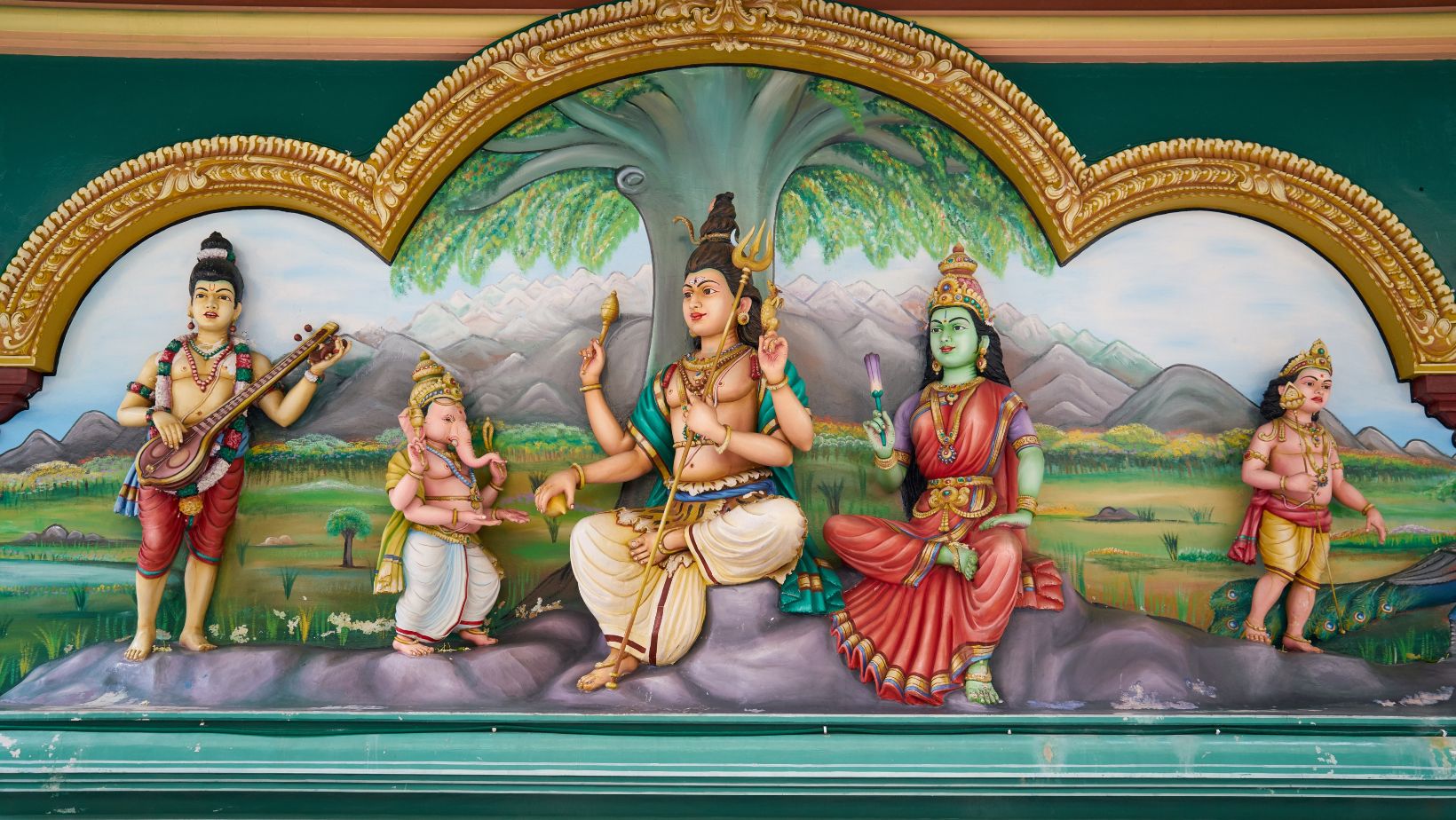Hinduism, one of the oldest religions in the world, has a rich and complex history that spans thousands of years. Its origins can be traced back to the ancient Indus Valley civilization, where a diverse array of beliefs and practices gradually coalesced into what we now know as Hinduism. Over time, Hinduism evolved and absorbed influences from various sources, including the Vedic period, the Upanishads, and the Bhakti movement. I’ll uncover the factors that contributed to the establishment of Hinduism as a dominant religious tradition in the Indian subcontinent and beyond.
Buddhism, founded by Siddhartha Gautama (the Buddha) in the 5th century BCE, emerged as a distinct religion in response to the prevailing social and religious conditions of ancient India. The teachings of the Buddha offered a path to liberation from suffering and attracted a significant following. From its humble beginnings in northeastern India, Buddhism spread across Asia, transforming societies and leaving an indelible mark on the region’s cultural and religious landscape. I’ll explore the key events and factors that facilitated the establishment and expansion of Buddhism as a major world religion.
History of Hinduism
Hinduism, one of the oldest religions in the world, has a rich and complex history that spans thousands of years. It is difficult to pinpoint its exact origins, as it has evolved and absorbed influences from various sources throughout its development. Here is a brief overview of the history of Hinduism:
- Indus Valley Civilization: The roots of Hinduism can be traced back to the Indus Valley Civilization, which existed around 2500 BCE. Archaeological evidence suggests that a well-developed urban society with religious practices resembling early Hinduism existed during this period.
- Vedic Period: The Vedic period, around 1500 BCE, marked the emergence of the Vedas, the oldest sacred scriptures of Hinduism. These texts contain hymns, rituals, and philosophical ideas that form the foundation of Hindu beliefs and practices.
- Upanishads and Epics: The Upanishads, composed between 800 and 200 BCE, explored the concepts of ultimate reality, individual self, and the nature of existence. The two great epics, the Mahabharata and the Ramayana, also played a crucial role in shaping Hindu mythology and narrative traditions.
Throughout its history, Hinduism has been open to incorporating new ideas and beliefs, leading to a diverse and flexible religious tradition. Despite its long history and deep cultural roots, Hinduism continues to evolve and adapt to the modern world.
How Did Hinduism Buddhism And Islam Become Established
As Hinduism, Buddhism, and Islam became established religions, they were not isolated entities. Instead, they interacted with and influenced each other in various ways. These interactions played a significant role in shaping the beliefs, practices, and spread of these religions. Let’s take a closer look:
- Hinduism’s Influence on Buddhism: In its early stages, Buddhism was heavily influenced by Hinduism. Siddhartha Gautama, the founder of Buddhism, was born into a Hindu family and was familiar with Hindu teachings. As a result, elements of Hindu philosophy and practices, such as karma and meditation, were incorporated into Buddhism. This influence allowed Buddhism to appeal to the masses and gain popularity rapidly.
- Buddhism’s Impact on Hinduism: Buddhism’s emergence also had a profound impact on Hinduism. The rise of Buddhism challenged the traditional Vedic rituals and caste system prevalent in Hinduism. As a response, Hinduism adapted and incorporated Buddhist ideas, such as ahimsa (non-violence) and the concept of the renunciant. These changes not only helped Hinduism maintain its relevance but also contributed to its continued development.
- Islamic Influence on Hinduism and Buddhism: The spread of Islam brought significant changes to the religious landscape of the regions it conquered. Islamic rulers introduced new architectural styles, such as the Indo-Islamic architecture seen in the Taj Mahal, which blended Islamic and Hindu styles. Additionally, Sufi mysticism had a profound impact on both Hinduism and Buddhism, leading to syncretism and the emergence of new religious practices.
- Interactions and Trade: The Silk Road and other trade routes played a crucial role in facilitating the exchange of ideas between different cultures and religions. Hinduism, Buddhism, and Islam were no exception. Through trade, merchants and travelers carried religious texts, rituals, and teachings, spreading these religions to new regions and influencing local beliefs and practices.
The establishment and spread of Hinduism, Buddhism, and Islam were complex processes shaped by a multitude of factors. Their interactions and influences on one another have left a lasting legacy that continues to shape religious beliefs and practices today.

